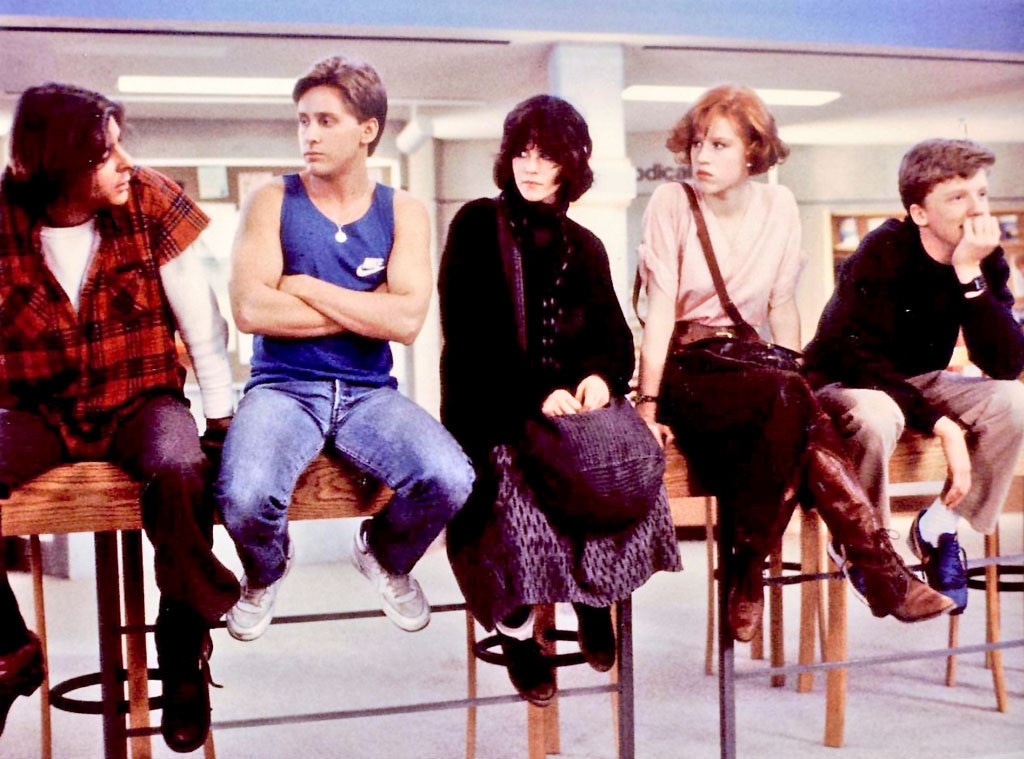pg. 589 Prompt #6
Film is a lasting record that reveals the beliefs and occurrences of past society like a time-traveling mirror, allowing us to better understand our pasts and control our futures. As George Orwell wrote in "1984", “Who controls the past controls the future. Who controls the present controls the past." The portrayal of gender roles in past hit films shows what society viewed as acceptable and controversial. For example, the 1985 John Hughes film "The Breakfast Club" is highly renowned for addressing the divide between American high school cliques/social castes, including two women and three men. At first, all the characters appear to be satisfied with their given identities, yet it is quickly revealed that all is not as well as it seems. Misogynistic behavior can be seen all throughout the story where the rich girl is being harassed by the bad boy, who makes frequent intrusive comments about her virginity. The rich girl is embarrassed to answer his questions as she doesn't want others to know she's a virgin. This shows how women would be labeled as "prudes" if they weren't comfortable with the subject of sex, leading even young teen-aged women to feel pressured into exploring their sexuality or ashamed if they are uncomfortable to do so. On the other hand, when the goth girl admits she has had multiple relations with her therapist, everyone is shocked and disturbed. Evidentially, if a woman is experienced with sex, this is also looked down upon. This dilemma is addressed by the goth girl in the movie, who says, "if you say you haven't, you're a prude. If you say you have, you're a slut. It's a trap. You want to but you can't, and when you do you wish you didn't, right? Another similar moment is when the bad boy character makes fun of the nerd character for being a virgin, and in response the nerd pretends to have been with the rich girl. This shows how there was also a pressure on men to be experienced with sex or to be seen as a loser. Even at the end of the movie, the goth girl is given a makeover that is supposed to make her look prettier but obviously makes her look worse, so that she can be with the athlete without being made fun of by his friends, apparently. However, the athlete doesn't need to change his appearance at all for this relationship, showing how women are often judged more harshly for their style and appearances than men are. This mindset proves Deborah Tannen's argument on gender that there is "no unmarked woman", and that women's styles are so inherently important to their identity that at times they can be forced to change who they are to fit in. Overall, although this movie is super old, it still portrays a bunch of gender issues that are still prevalent today. Because most people like this movie, they may gloss over these issues as a product of its time whist not thinking to see that misogyny still exists in our everyday lives. This is why we can only continue to make more movies and "purposeful pop" like Katy Perry did to wake up the mindless consumers.

Comments
Post a Comment